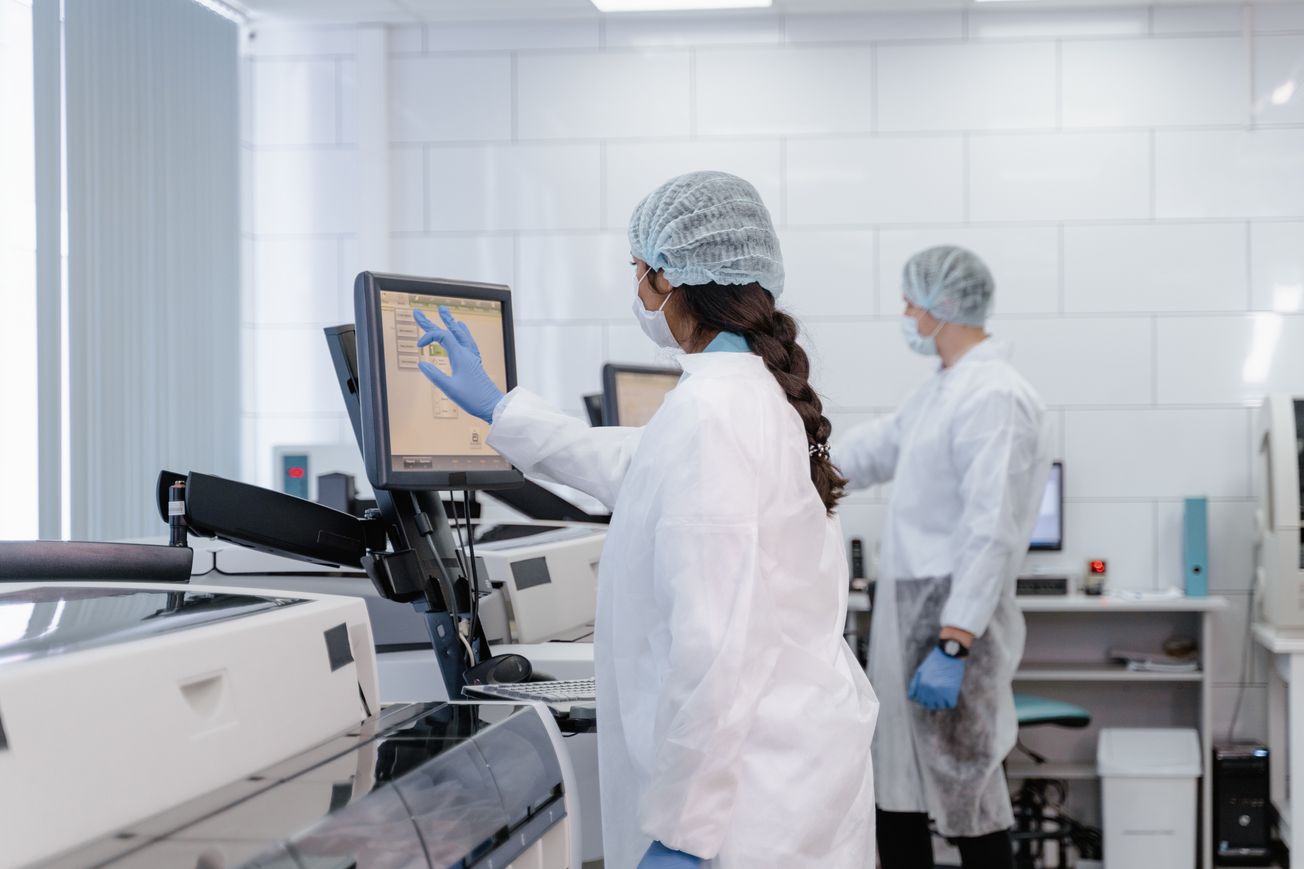In today's rapidly advancing world, biotechnology, or biotech, stands at the forefront of scientific innovation, revolutionizing various fields, from medicine and agriculture to environmental conservation. This interdisciplinary field harnesses biological systems, living organisms, and their derivatives to develop new products, technologies, and processes that improve our quality of life. In this comprehensive exploration of biotechnology, we delve into its definition, historical roots, diverse applications, ethical considerations, and the future prospects it holds.
Defining Biotechnology
Biotechnology is a multidisciplinary science that integrates biology, chemistry, genetics, and engineering to manipulate living organisms and biological systems to develop new products and applications. It encompasses a broad spectrum of techniques and methodologies that enable researchers to modify, improve, or create organisms or biological systems for various purposes. Biotechnology can be categorized into several branches, each with its unique focus:
- Medical Biotechnology: This branch focuses on using biotech techniques to develop new therapies, diagnostics, and medical treatments. It includes the development of vaccines, gene therapies, and precision medicine.
- Agricultural Biotechnology: Agricultural biotech involves genetic modification of crops and livestock to enhance their productivity, resistance to diseases, and nutritional value. It plays a crucial role in global food security.
- Industrial Biotechnology: Industrial biotech applies biological processes to produce chemicals, materials, and biofuels, reducing reliance on fossil fuels and minimizing environmental impact.
- Environmental Biotechnology: This branch addresses environmental challenges by employing biotech solutions, such as bioremediation, to clean up polluted ecosystems and mitigate environmental damage.
- Bioinformatics: Bioinformatics combines biology and data analysis to decipher biological information and enhance our understanding of complex biological systems.
Historical Roots of Biotechnology
While the term "biotechnology" may seem modern, its roots trace back to ancient civilizations where humans practiced rudimentary forms of biotech without understanding the underlying science. Examples include fermentation for brewing and breadmaking, which harnessed microorganisms to transform raw materials.
The modern era of biotechnology began in the mid-20th century with key milestones:
- Discovery of DNA: The elucidation of the structure of DNA by James Watson and Francis Crick in 1953 paved the way for understanding genetic information, spurring advancements in biotech.
- Recombinant DNA Technology: In the 1970s, scientists developed recombinant DNA technology, enabling the manipulation of genes from different organisms, a foundational technique in biotechnology.
- Emergence of Biotech Companies: The establishment of biotech companies in the late 20th century, such as Genentech in 1976, marked the commercialization of biotech applications, especially in pharmaceuticals.
Applications of Biotechnology:
Biotechnology has far-reaching applications, impacting diverse sectors and contributing to significant advancements in science and industry. Below are key areas where biotech has made substantial contributions:
Medicine and Healthcare:
- Pharmaceuticals: Biotechnology has revolutionized drug development by enabling the production of biopharmaceuticals, such as monoclonal antibodies and vaccines.
- Genetic Testing: Advances in biotech have made genetic testing and personalized medicine a reality, tailoring treatments to individuals' genetic profiles.
Agriculture:
- Genetically Modified Organisms (GMOs): Biotech has led to the creation of GMOs, which exhibit traits like pest resistance and increased crop yield, addressing global food security challenges.
- Precision Agriculture: Biotechnology aids in optimizing farming practices through tools like genetic markers and crop sensors.
Industry and Manufacturing:
- Biopolymers: Biotech contributes to the development of biodegradable plastics and sustainable materials, reducing the environmental footprint of various industries.
- Biofuels: Biotech processes enable the production of biofuels from renewable sources, offering alternatives to fossil fuels.
Environmental Conservation:
- Bioremediation: Biotechnology plays a vital role in cleaning up contaminated environments through microbial degradation of pollutants.
- Conservation Genetics: Biotech assists in preserving endangered species by studying their genetic diversity and aiding in captive breeding programs.
Research and Discovery:
- Genomic Sequencing: Biotechnology has enabled the sequencing of entire genomes, advancing our understanding of genetics and evolution.
Ethical Considerations in Biotechnology
The rapid progress of biotechnology has raised ethical concerns and prompted discussions on its responsible use. Several ethical considerations in biotech include:
- Genetic Privacy: The advent of genetic testing and genomic data collection raises concerns about the privacy and security of individuals' genetic information.
- Gene Editing: Technologies like CRISPR-Cas9 allow precise gene editing but also raise ethical dilemmas, including the potential for "designer babies" and unintended consequences.
- Environmental Impact: The release of GMOs into ecosystems can have unintended consequences on biodiversity and the environment, necessitating thorough risk assessments.
- Access to Biopharmaceuticals: The high cost of biopharmaceuticals raises questions about equitable access to life-saving treatments and therapies.
The Future of Biotechnology
Biotechnology continues to evolve at a rapid pace, with promising prospects for the future:
- Precision Medicine: Biotech advancements will enable increasingly personalized medical treatments tailored to an individual's genetic makeup.
- Synthetic Biology: The field of synthetic biology will enable the design and construction of novel biological systems for various applications, including biofuel production and bioremediation.
- Biotechnology in Space: Biotech innovations will play a crucial role in sustaining human life during extended space missions and exploring extraterrestrial environments.
Conclusion
Biotechnology represents a captivating realm of scientific discovery and innovation with profound implications for our world. From pioneering medical breakthroughs to addressing global food security and environmental conservation, biotechnology's impact is far-reaching. However, its responsible and ethical use is paramount as we navigate the complexities of this transformative field. As biotechnology continues to shape our future, fostering interdisciplinary collaboration and ethical stewardship will be integral to maximizing its benefits while minimizing potential risks.








